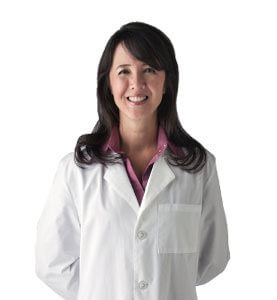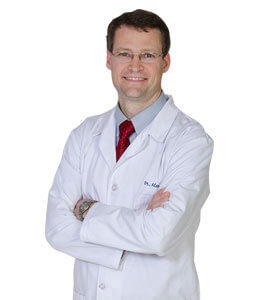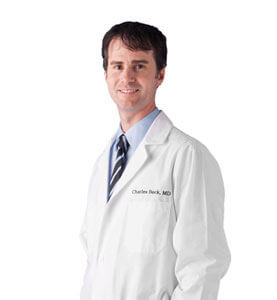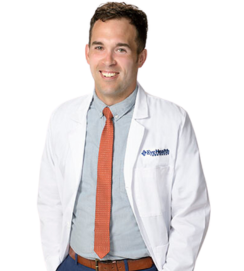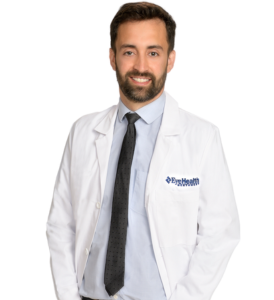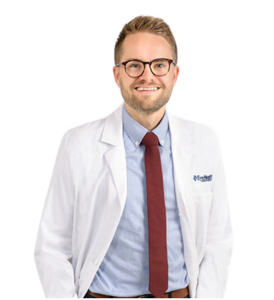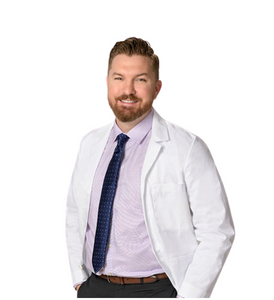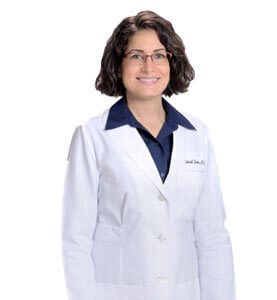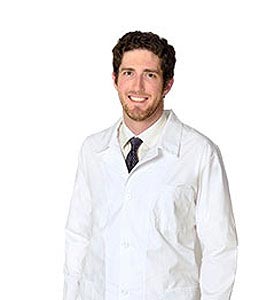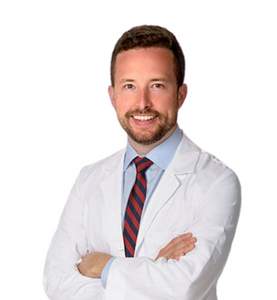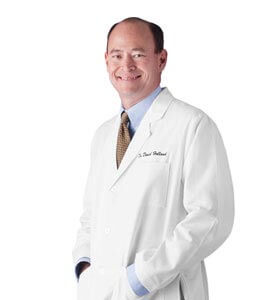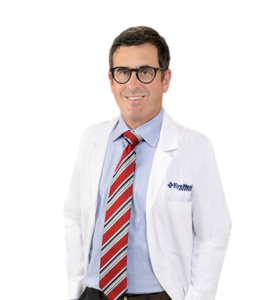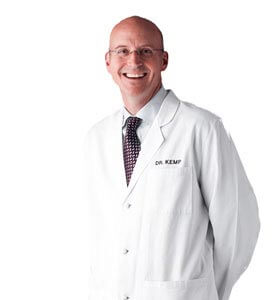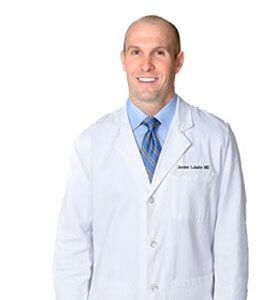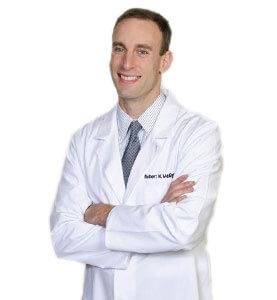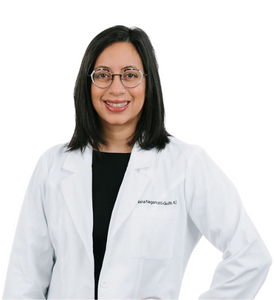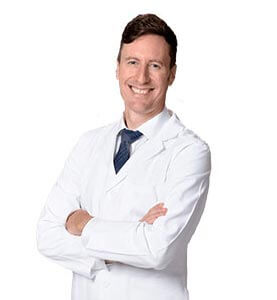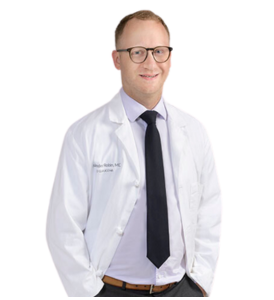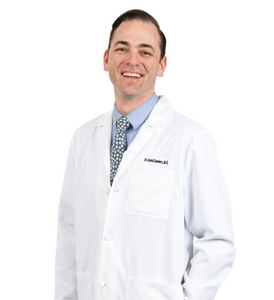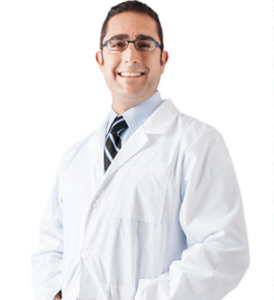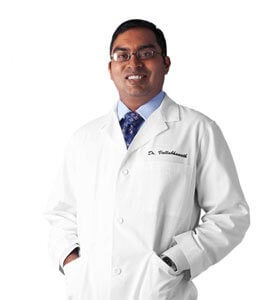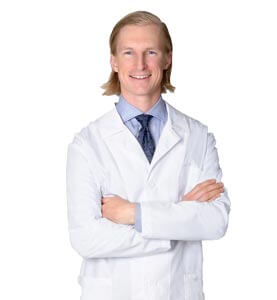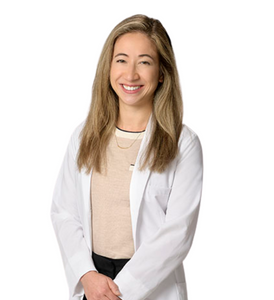Cataracts
EyeHealth Northwest specializes in providing cataract surgery to the Portland community and surrounding areas. We invest in the most state-of-the-art, safe and advanced technology, unsurpassed patient care, and outstanding results.
If you have been diagnosed with cataracts, it is important that you select an experienced surgeon with a reputation for excellence like the professional ophthalmologists at EyeHealth Northwest. Together, our surgeons perform more than 12,000 procedures each year. Our affiliations with all the major area hospitals have earned us a reputation as quality, caring surgeons which explains why so many nurses refer their friends and family to our offices and see us as patients themselves.
What is a Cataract?
A cataract is a clouding of the eye’s normally clear lens. It is not a film over the outside of the eye, as many people think. The lens is located inside the eye, behind the iris (the colored part of the eye), and helps to focus the light rays for clear vision. With age, and sometimes as a side effect of medications, the lens becomes clouded. This clouding of the lens results in blurred vision.
Do You Think You Might Have a Cataract?
Cataract Symptoms
- Painless loss of visual clarity
- Changes in eyeglass prescription needs
- Glare and light sensitivity
- Reduced night time vision
- A need for brighter light to read
- Loss of color vision
While cataracts often affect both eyes, sometimes only one eye is affected. It is common for one cataract to be more cloudy, resulting in poorer vision in one eye compared to the other. Most often, cataracts occur as a natural consequence of aging. Lens clouding forms to a greater or lesser degree in everyone with age. A family history increases the risk of cataracts. Cataracts are also caused by:
A comprehensive eye examination by an eye care professional (ophthalmologist or optometrist) can detect the presence and extent of a cataract. There can also be reasons other than cataracts for worsened vision, including diseases of the cornea, retina or optic nerve. If another disease is present with a cataract, perfect vision may not be restored after cataract surgery. Cataract surgery involves removing the natural lens (that has become clouded) and replacing it with an artificial intraocular lens implant. Other areas of this website deal in detail with this subject.
Cataract Surgery
Cataract surgery has changed dramatically over the last 20 years. Many patients remember the days when the operation required a hospital stay of several days with the patient’s head in sandbags and weeks of recovery. Retinal detachment was a frequent complication and thick aphakic glasses were necessary for clear vision. Today’s cataract surgery is totally different. The operation is now done on an outpatient basis, usually only a two to three-hour stay.
New glasses, if necessary, are prescribed two to three weeks after surgery. If the second eye has a cataract it can be done within three to four weeks. Whether or not glasses are needed depends on the implant lens chosen.
Complications are rare and the success rate is in excess of 95%. The cataract will not grow back after surgery. However, the membrane, which supports the intraocular lens implant, can become cloudy in some patients months or years later. If this occurs, simple laser treatment is all that is necessary to restore clear vision.
Cataract Surgery Financing
EyeHealth Northwest can help you manage your cost of surgery through our partnership with Care Credit, Care Credit offers interest-free financing payment plans up to 24 months helping make cataract surgery more affordable. We don’t want finances to be an obstacle between you and vision freedom.
Advanced Cataract Surgery Options
Lens implants allow patients to see after cataract surgery without thick glasses or contact lenses that were necessary in the past. These lens implants are called Implant Lens or IOL. EyeHealth Northwest offers a wide range of IOL options such as Monofocal, Toric, Multifocal, Extended Depth of Focus Lens, and the revolutionary Light Adjustable Lens.
Today lens implant technology allows for more choices in vision correction benefits and outcomes after cataract surgery.

Traditional Cataract Surgery
1
Cataract Surgery with Astigmatism Correction
2
Cataract Surgery for Distance Intermediate and Near Vision
3
Cataract Surgery with Customized Vision
4
Cataract FAQs
The following information is intended to supplement your medical visit with your ophthalmologist. This document will help you understand cataracts, the risks of cataract surgery, and the type of replacement lens options. If you have additional questions after reading this, please be sure to ask your surgeon.
How do I decide if it is time for Cataract surgery?
Your ophthalmologist will examine you and discuss how significant the cataract appears. Your ophthalmologist will also examine the rest of your eye to make sure there are no other reasons for your visual complaints. If the cataract is significantly affecting your ability to drive safely, read, or live comfortably because of your vision, it may be a good time to consider surgery. The decision to pursue surgery is based on your individual needs; your ophthalmologist can help you decide if the benefits of surgery appear to outweigh the risks of surgery. If you have other disorders of the eye impacting your vision, such as age-related macular degeneration, cataract surgery may improve your vision, but any pre-existing disease may limit your final visual outcome.
How do I know which Intraocular Lens (IOL) to choose?
There are multiple types of lenses that can be used during surgery. Below is a brief description of the options. Choosing the right lens can be complex; the choice of what lens is best for you should be made after a thorough understanding of your options and a careful discussion with your ophthalmologist. Here are the main options to choose from:
Once removed, can a cataract come back?
No. Your cataract will never grow back. However, in many patients, a film can grow behind the lens which can cloud the vision months or years after the surgery. A laser can be used to improve the vision in this situation. Ask your ophthalmologist about details.

